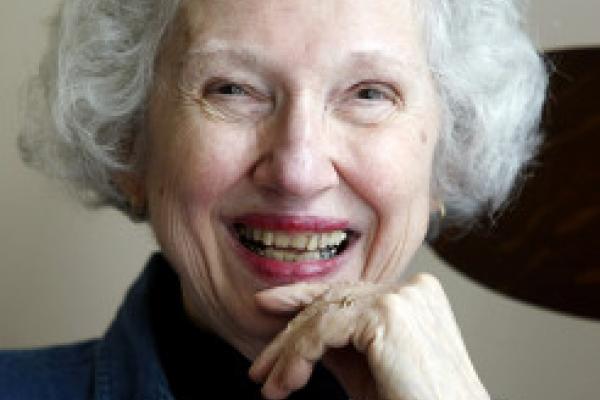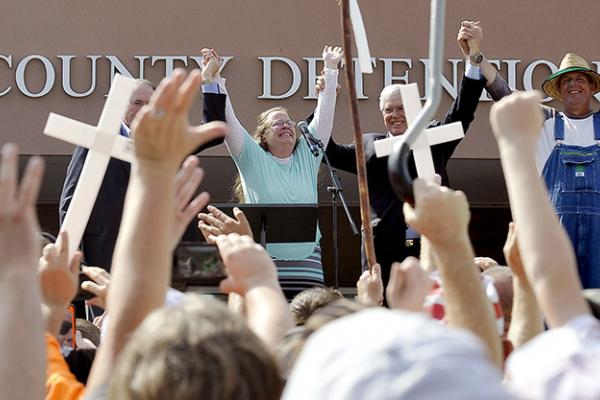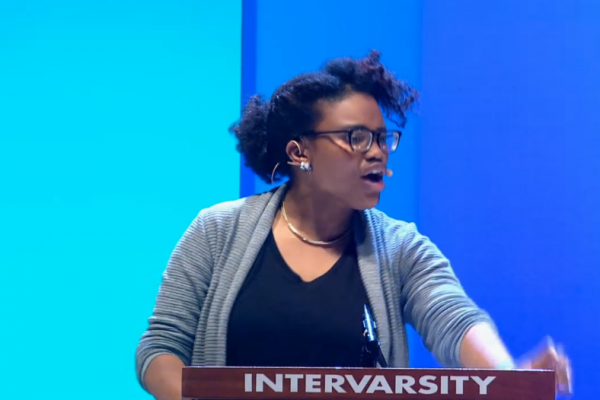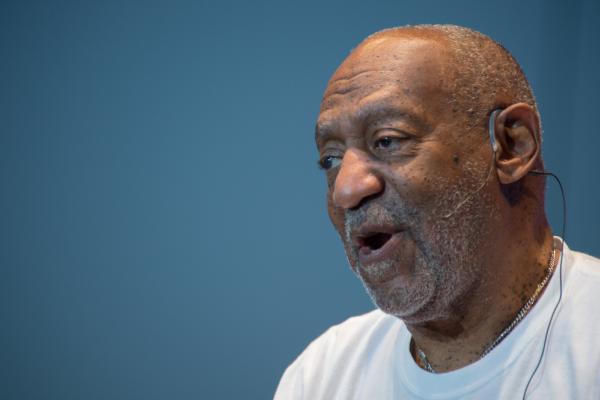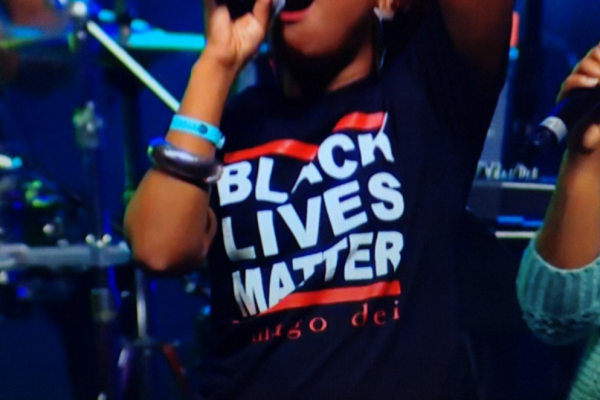They preached and inspired. They wrote and taught. Some lobbied in the halls of government. Others toiled to protect the environment and educate the young. Several died at the hands of persecutors. Here is a list of notable faith leaders — and one champion of secularism — who left us in 2015.
According to a recent poll by The Associated Press and the University of Chicago’s National Opinion Research Center, 82 percent said religious liberty protections were important for Christians, compared with around 60 percent who said the same for Muslims and the religiously unaffiliated.
Yet, religious freedom is not merely an important issue — it is our “first freedom.” What Americans, especially Christian Americans, must understand is this: Religious freedom for some is not religious freedom for long.
Skinner told the students at Urbana ’70 that during segregation, “the evangelical, Bible-believing, fundamental, orthodox, conservative church in this country was strangely silent.” The churches, Skinner said, supported the status quo on slavery, segregation and civil rights. During the 1950s and 1960s, evangelicals, even when they opposed segregation, stayed clear of joining the civil rights movement. This week’s support for #BlackLivesMatter is different because InterVarsity is embracing a social and political movement that is active. And it is one that is controversial both nationally and within evangelicalism.
There are different ways to understand the gospel's call to peace — and that's a good thing. In the last century alone, many influential Christian leaders have grappled with violence, justice, and peace, and ended up all over the nonviolence map. Where do you land? Take our quiz and find out!
Undergirding Tripp’s parenting book is a theological assumption of the nature of the child and the role of the parent. All of his chapters and discussions on methods of discipline and instruction are predicated by the framework of where the child is in relation to the parent. A good storyteller (and marketer) knows to introduce a problem in order to then supply the solution, which Tripp does successfully. According to Tripp, the problem begins the fact that a child’s heart is oriented towards evil. The solution to this problem is for parent to, acting as a representative of God, bring the child back into the “circle of blessing.”
Director Haynes and writer Phyllis Nagy (working from Patricia Highsmith’s novel The Price of Salt) understand that cinema, just like all forms of storytelling, is a window into someone else’s personal life. They tell the story of Therese and Carol’s relationship in such exquisitely realized detail, down even to the smallest carpet-fiber, that you almost feel as if you’re there yourself. When the world the characters inhabit feels so real, their experiences and emotions feel real, too — helped in large part by perfectly-pitched performances by Blanchett and Mara.
Bill Cosby has been charged for sexual assault, reports the Los Angeles Times. The charge — of aggravated indecent assault, against alleged victim Andrea Constand in 2004 — comes with an arrest warrant. Though Cosby's decades of assault came to light in a high-profile series of revelations this year, this is the first time criminal charges have been filed against the comedian. He is expected to be arraigned at 4 p.m. on Dec. 30.
InterVarsity, the evangelical campus ministry, stands in full support of #BlackLivesMatter, issuing a call this week for the nearly 16,000 attendees at Urbana to support the movement, reports Religion News Service. Urbana is a yearly conference put on by the biblical and social justice-minded InterVarsity Christian Fellowship. At the main evening session on Dec. 28, featured speaker Michelle Higgins — director of a faith advocacy group and active member of #BlackLivesMatter in St. Louis, Mo. — challenged students to listen to the movement and to have conversations about racism, even if such conversations cause discomfort.
My new year’s wish for you: That you dream. Dream boldly. Dream audaciously. And let those dreams change you and the world around you in some ways this coming year.
I know that dreamers are not viewed kindly by those who think that the world can’t be changed.
Dreamers? Ignore them. They’re fools. Out of touch with reality. They need to get real. That’s not how the world is. You can’t change it.
It’s always been that way.
Editor’s Note: A lot has happened this year, and there has been much to cover — much to lament, much to praise, and much to record into history. It has been our privilege and honor to write, edit, and read along with you. In no particular order, here are our 15 favorite stories of 2015.
